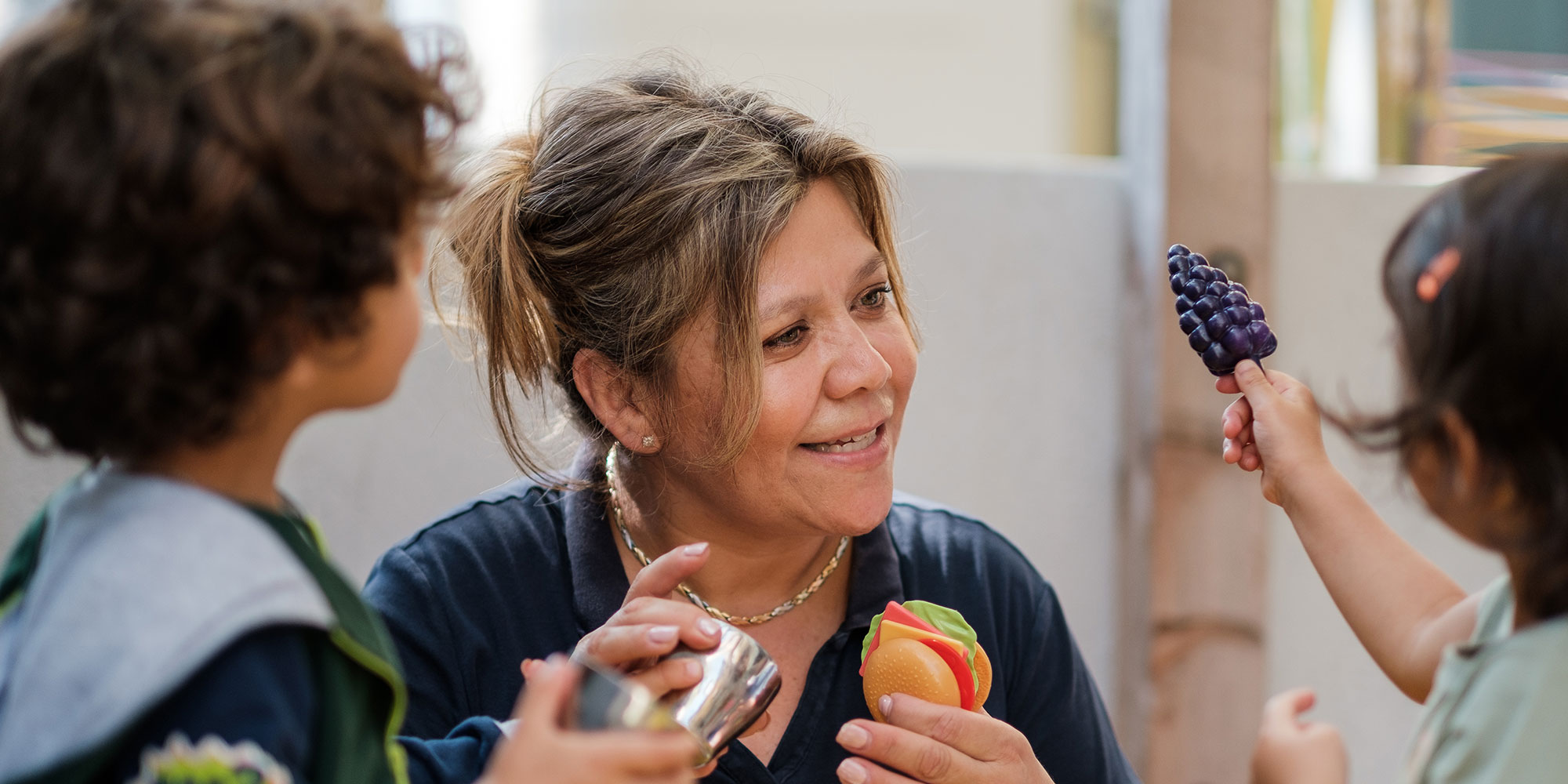Early learning is brain-building.
Early learning educators are integral to the development of the next generation. Science tells us that the most important way young children learn is through a strong bond with their caregivers. When parents have to work, early learning educators help with this important role.
We believe the voices of educators are essential as we think about an actionable roadmap for the future of early learning policy and funding in Florida.
Share your ideas
Educators: You are the heart of early learning. Every day, you lay the foundation for children’s future learning, health, and success. When you share your experiences, you help create policies and practices that ensure every child is ready to succeed.
Be an advocate
The Movement hosts advocacy trainings for parents, educators and anyone interested in early childhood. Learn about how policy and funding decisions are made in Florida, when and how to speak with legislative leaders, and the power of relationships.
Health Coverage for ECE staff
The U.S. Department of Health and Human Services has put out resources to improve healthcare for those working in the early care and education workforce. For more information, click on the link below.
What Do Early Childhood Educators Need to Know About the Marketplace?
¿Qué necesitan saber los educadores de la primera infancia sobre el Mercado?
Explore our Tips for Educators
Florida Grade Level Reading Tip Sheets
Explore this bilingual campaign created in partnership with Florida Grade Level Reading Campaign and the University of Florida’s Lastinger Center.
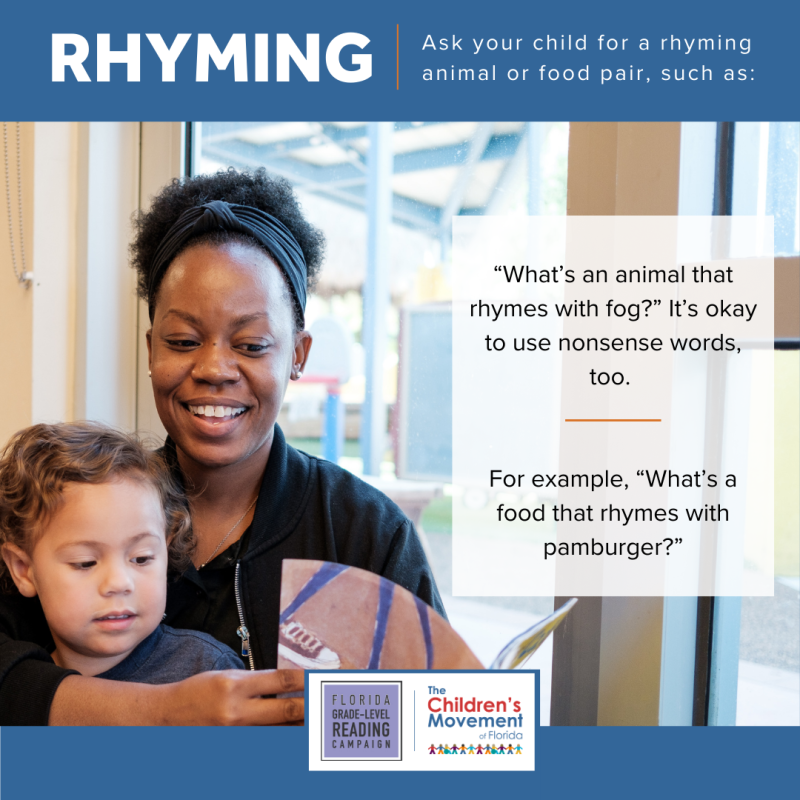
Rhyming
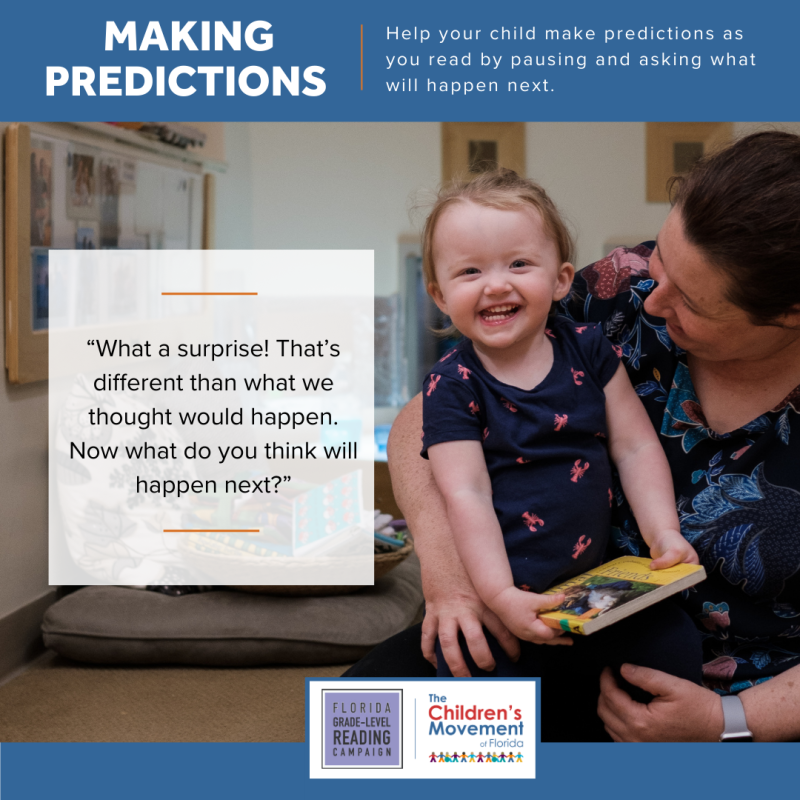
Making Predictions
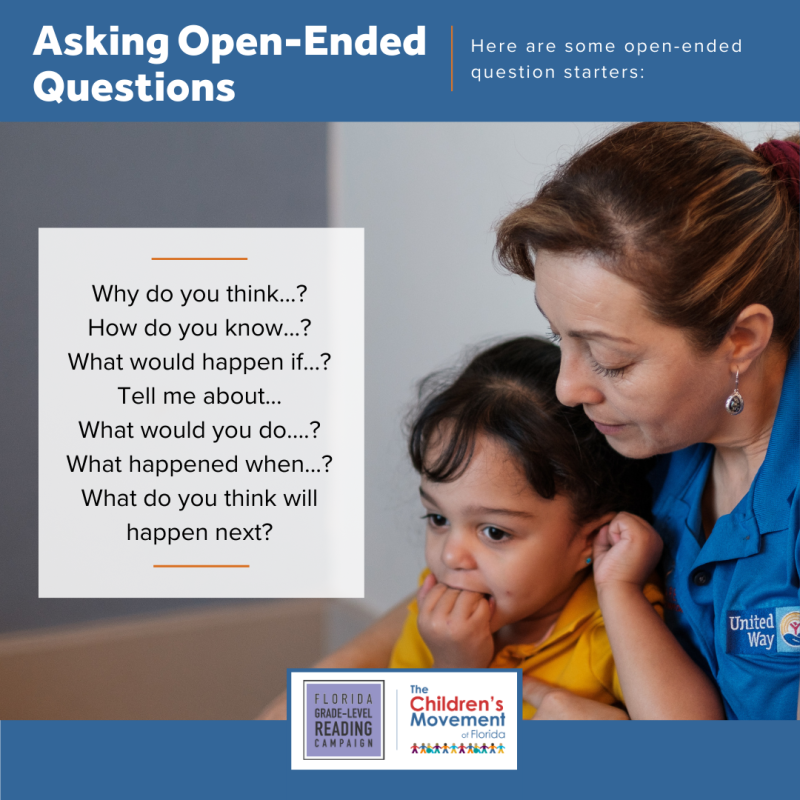
Asking Open-Ended Questions
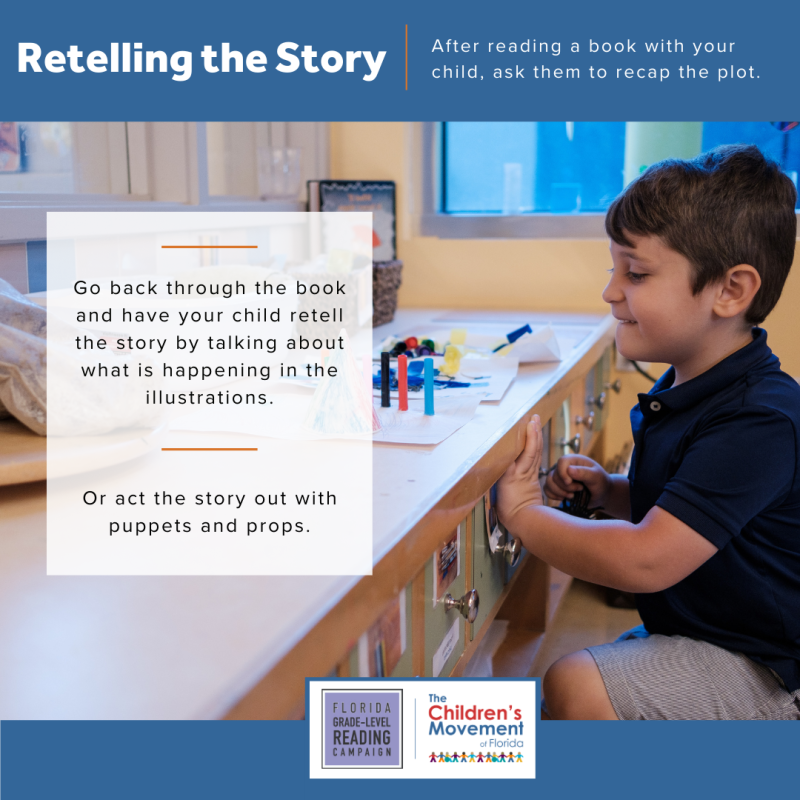
Retelling the Story
Best in Class
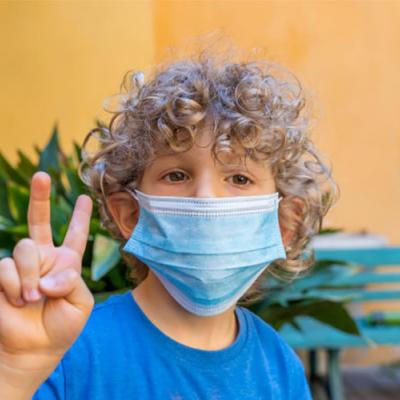
Supporting your child's transition back to school during the COVID-19 pandemic
Our expert this week is Lorraine Breffni, Ed.D., Executive Director of Early Childhood at Nova Southeastern University’s University School Mailman Segal Center. She provides parents with practical advice for helping prepare children to return to school–whether virtual or in-person–during the COVID-19 pandemic.
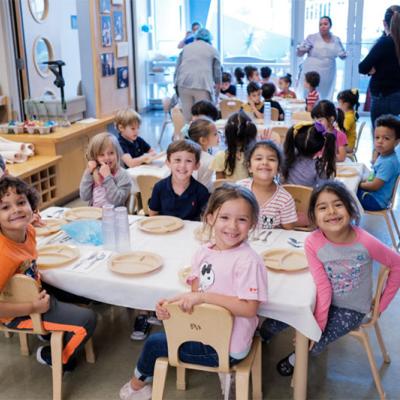
Recognize the signs of Autism
Our expert this week is Kathy Carroll, Manager for the Broward County Early Steps Program. Early Steps serves infants and toddlers with developmental delays and handicapping conditions. Kathy shares suggestions for early intervention to help if your child is showing signs of autism.
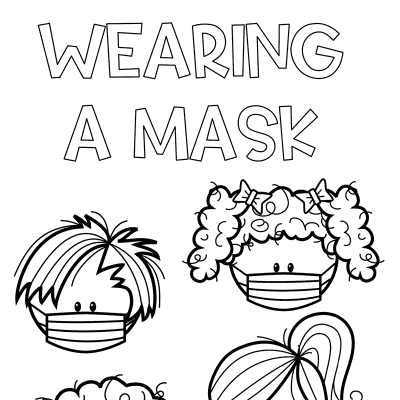
Caring for your kids with special health care concerns
Our expert this week is Lucy Schrack, the Inclusion Manager at the Early Learning Coalition of Miami-Dade/Monroe, where she leads a team of specialists whose main goal is to help all children learn to the best of their abilities, provide teachers with tools, support parents, and assist child care providers in promoting inclusion and a sense of belonging for all children. Lucy will share some wisdom for parents of children with special health care concerns to help in this unusual time.

Creative ways to stay active through play
Our expert this week is Kristin Wallin, the Director of Operations for Kidokinetics. Using age-appropriate and engaging curriculum, Kidokinetics introduces children to a new sport each week in a fun and non-competitive environment. Having to shift the program to a virtual format due to COVID –19, we have had to think creatively about how to engage children while they are at home. Kristin will share some ideas that will help you keep kids active without them even realizing it!
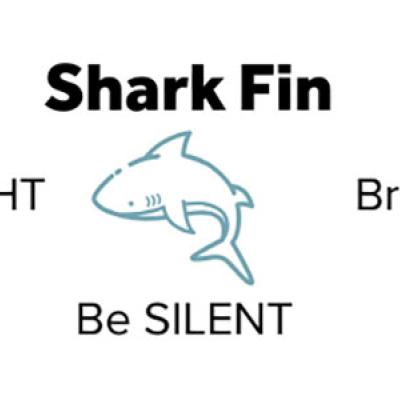
From Stressed to Calm in Five Minutes a Day
A sense of wellbeing, gratitude and learning readiness are teachable skills that can be developed with mindfulness practice. Our expert this week is Laura Bakosh, the co-founder of Inner Explorer, a national nonprofit organization dedicated to bringing daily mindfulness programming and stress reduction to children, educators and families in homes and in more than 4,000 Pk-12 schools and early learning organizations, including Florida Early Learning Coalition (ELC) and Head Start Centers.

Staying Active While Physical Distancing
Our expert this week is the Health Council of Southeast Florida. In collaboration with Early Care and Education stakeholders like the Florida Department of Health, Florida Department of Children and Families, Florida Office of Early Learning, and University of Florida, they aim to help Florida’s children be the healthiest they can be. This month, they provide a few examples of how you can stay active with your kids at home.

Making the Most of your Child's School Break
We are all navigating a new reality as we adjust our daily lives to prevent the spread of COVID-19. Many of us may be balancing having children at home and working remotely. This month’s author, Esther McCant, is an expert at having children in the home throughout the day, as she homeschools her three sons while she balances life as a birth and postpartum doula, Hypnobirthing-trained childbirth educator and certified lactation counselor. Esther offers readers a few ideas on how best to manage life with children off school for an indeterminate length of time.

Moving from Screen Time to Play Time
Our expert this month is Yuen Yee Lo Yau, a first-year pediatric resident at Jackson Memorial Hospital in Miami, Florida. She shares the recommendations for screen time for young children and offers alternatives that will keep your child entertained and encourage their development.

How to Choose a Childcare Center
Our expert this month is Norma Schwartz. Norma has worked with children 0-5 for over fifteen years. She’s visited preschools across the United States on behalf of U.S. Congress and state universities and led over 300 action-packed circle time lessons as a Head Start teacher. Norma currently works as one of the co-founders of the Carepass app, which helps parents quickly access and compare licensed childcare options that fit their budget and their child’s needs.

Florida's Blind Babies Program
Our author this month is Jim Woolyhand, Bureau Chief of the Florida Braille and Talking Books Library, Division of Blind Services, Florida Department of Education. He wrote about services available to children ages 0-5 with visual impairment, and their families, through the Blind Babies Program.

Healthy Eating Tips and Tricks for Busy Families
Our expert this month is Rachel Biderman, extension agent supervising the Expanded Food and Nutrition Education Program through the University of Florida Extension. She wrote about how busy parents and teachers can begin fostering healthy eating habits for their families on tight budgets with little time.
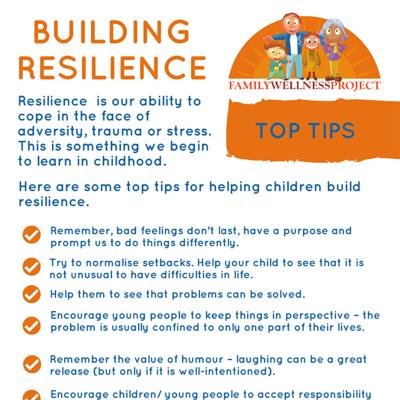
How Big is Your Bounce
Our expert this month is DJ Lebo, Chief Executive Officer of the Early Learning Coalition of Flagler and Volusia. She wrote about resiliency and how parents and teachers can foster it in themselves and in the children they see every day.

Get the Most out of Your Trip to a Science Museum
Our experts this month are Judy Brown, EdD, museum consultant and Senior Vice President of Education Emerita at the Phillip and Patricia Frost Museum of Science, Cheryl Lani Juárez, MEd, Senior Director of Professional Development at Frost Science, and Janet Castillo Schoenfeld, MEd, Early Childhood Project Coordinator at Frost Science. This article is the second in a two-part series from these authors. You can find the first post in the series here.

Developing Science-Savvy Little Scientists
Our experts this month are Judy Brown, EdD, museum consultant and Senior Vice President of Education Emerita at the Phillip and Patricia Frost Museum of Science, Cheryl Lani Juárez, MEd, Senior Director of Professional Development at Frost Science, and Janet Castillo Schoenfeld, MEd, Early Childhood Project Coordinator at Frost Science. This article is the first in a two-part series from these authors. You can read the second part here.
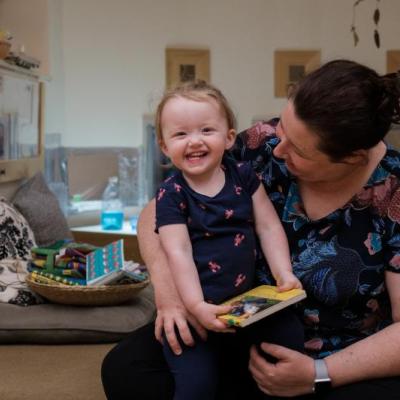
Reading with Kids for Learning and Literacy
Our expert this month is Tommy Chou, M.S., a doctoral student in Clinical Science working with Dr. Stacy Frazier and the NAFASI team in FIU’s Department of Psychology.
